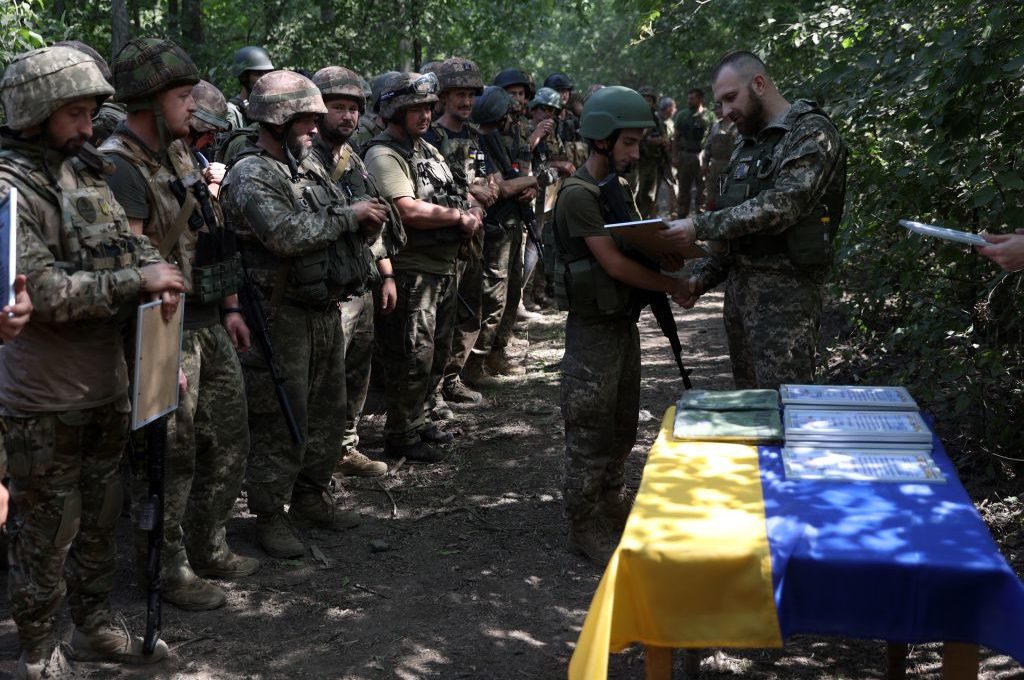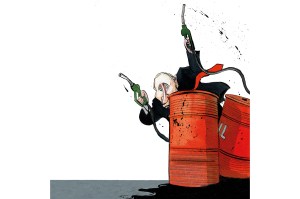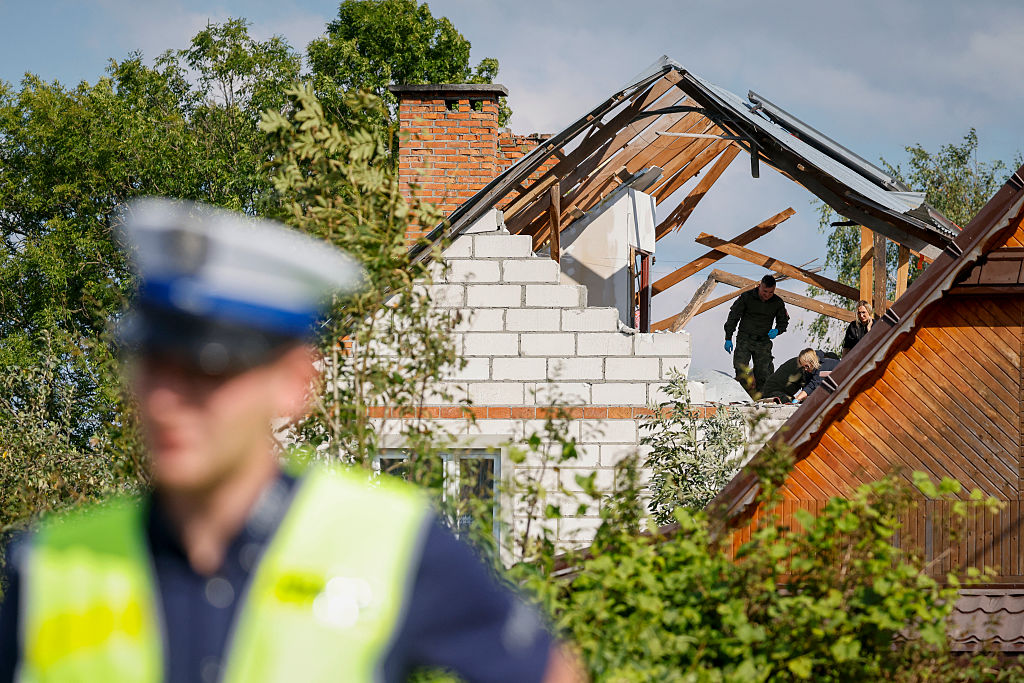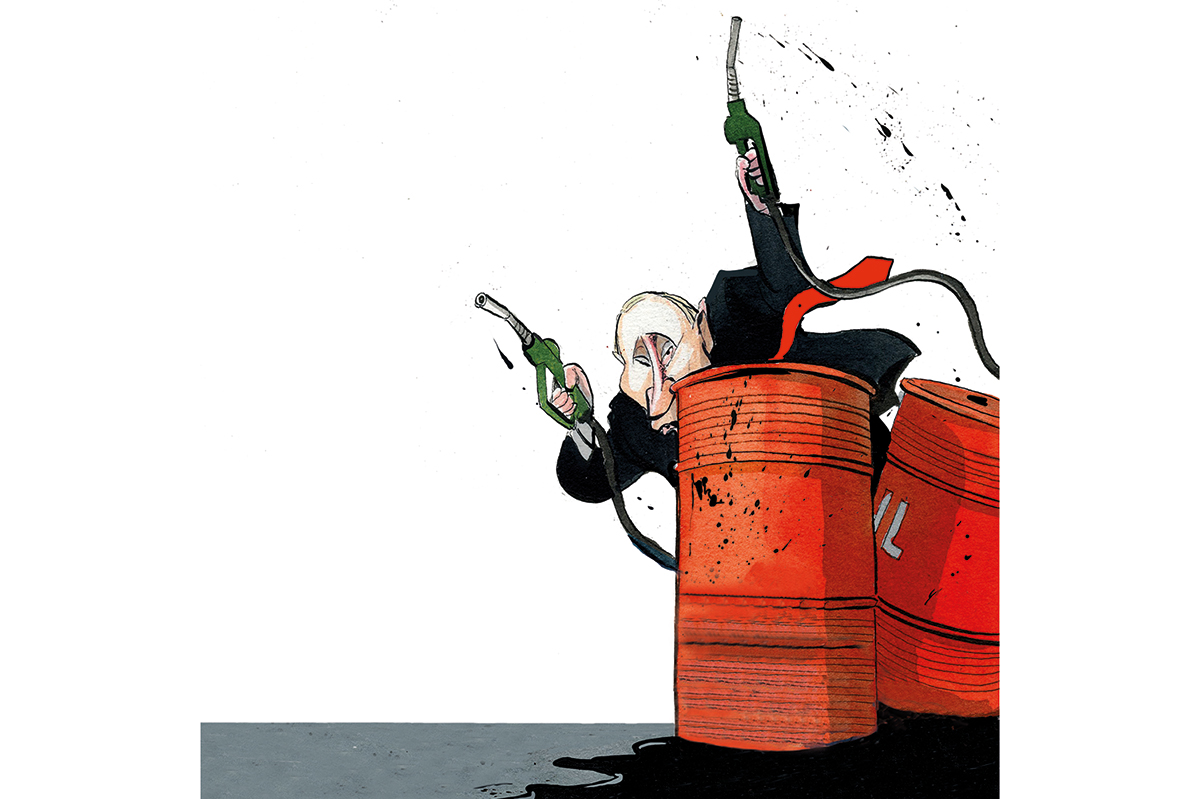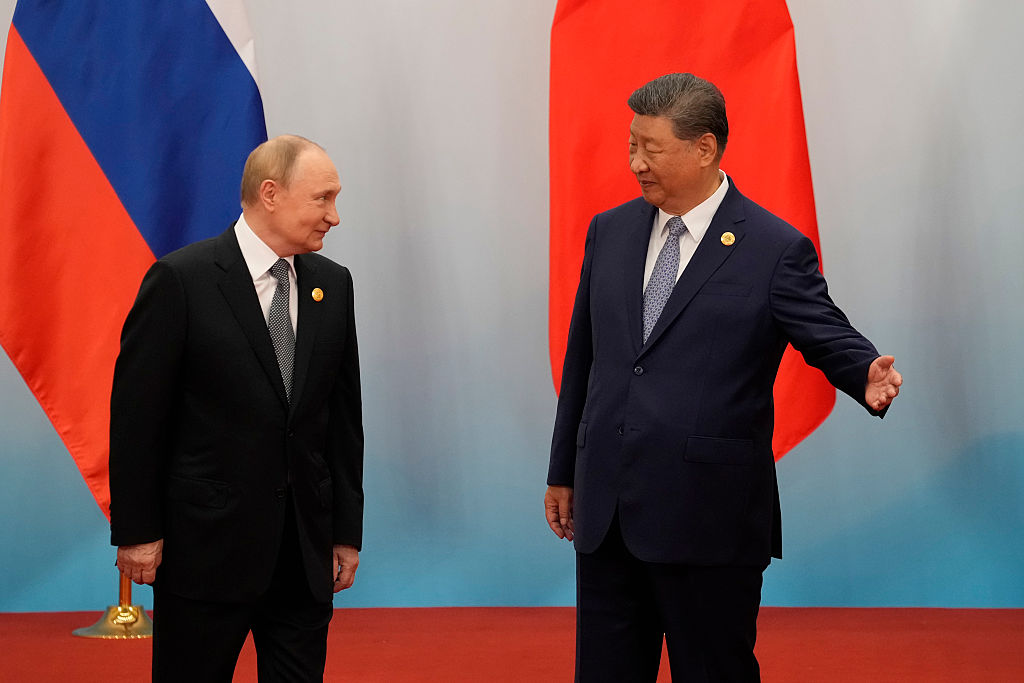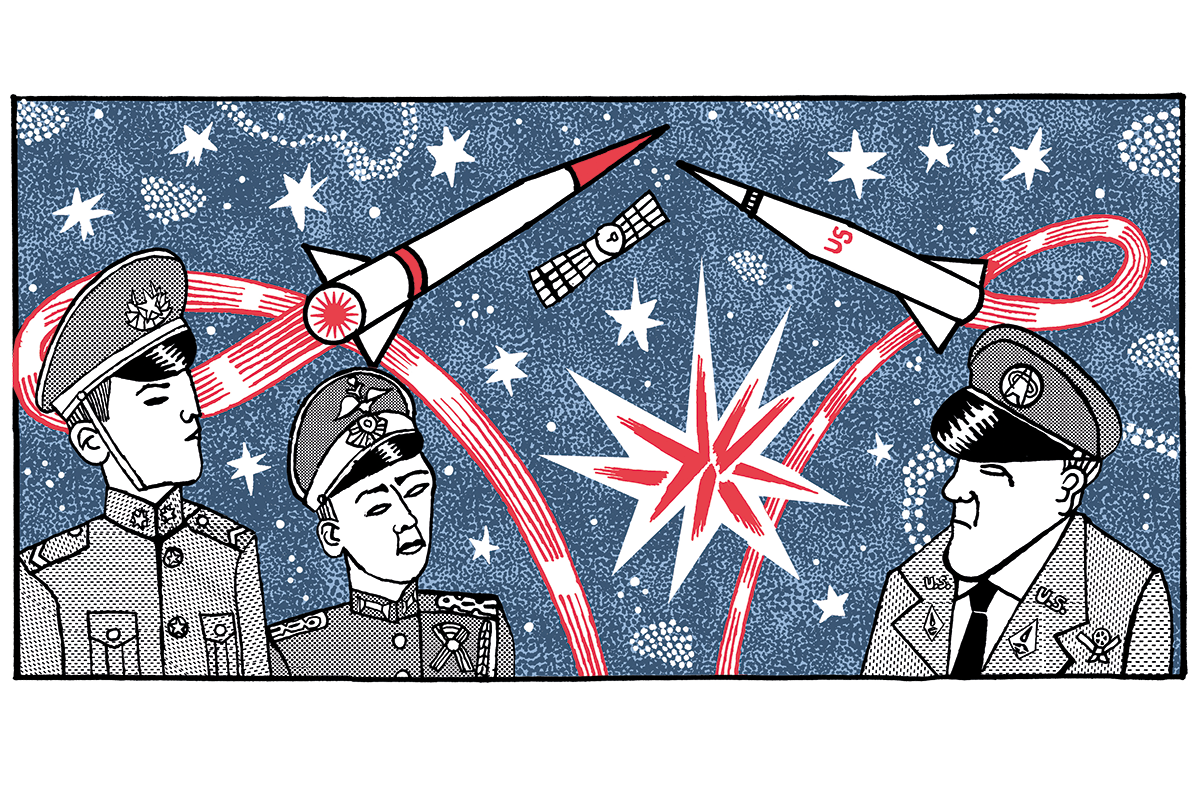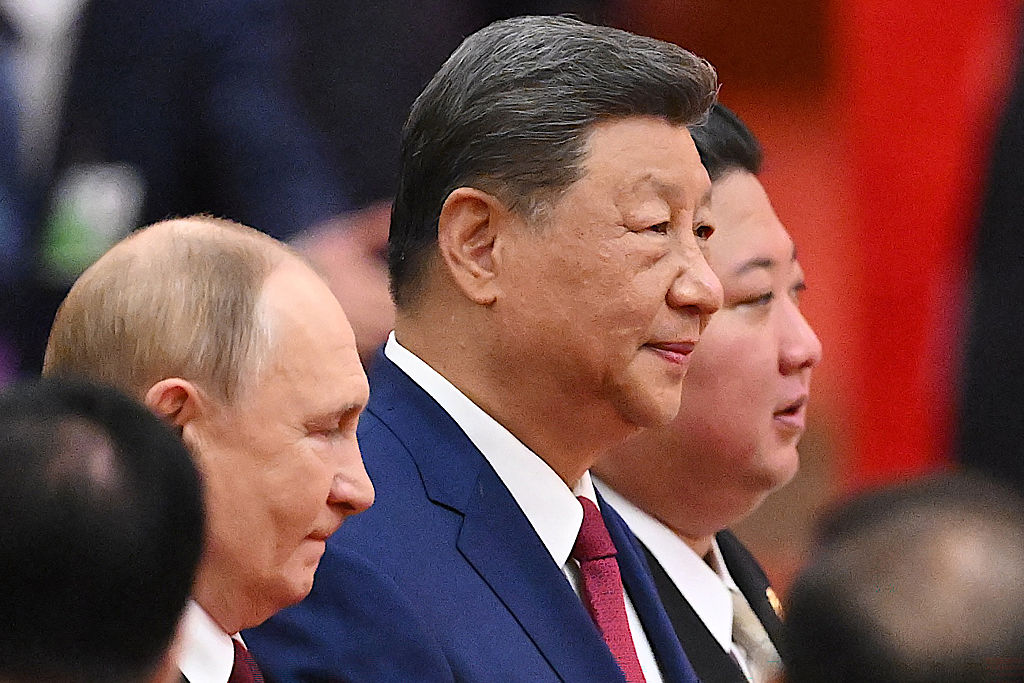Wars aren’t always decided on the battlefield. As bravely as Ukrainian soldiers defend their homeland from Russian invasion, their heroics won’t suffice without continuous military and financial support from the West. American and European leaders have so far stood firmly behind Ukraine. Public opinion, however, is starting to dwindle. The most important fight for Ukraine could ultimately take place in the homes, streets and squares across Europe.
The Ukrainian administration has displayed a masterclass in public relations. President Volodymyr Zelensky became a media sensation, changing overnight from deeply unpopular politician into a model wartime leader for our times. His government uses every trick in the book to keep the world interested. But six months into the conflict, “information fatigue” is creeping in. Front pages of European media spend more ink on cost of living than on military operations. Opinion polls reveal that energy prices are scaring more people than Russian nukes.
It’s hardly surprising. Europe has been enjoying an unprecedented period of prosperity for many generations. Except for Yugoslavia, the continent has not experienced armed conflict for nearly eighty years. Those few who remember what it takes to win a war dwell in retirement homes.
Our adversaries know that. Moscow claims that Western sanctions have no significant impact. That isn’t true. The Russian economy is taking serious damage, growing with each passing month. Yet Russia’s leaders hope that the West will cope worse with hardship than their own country, where a quarter of households still lack access to an indoor toilet.
And they are right to think so. Hardly a day passes without “gas crisis” in the headlines. No wonder that the public mood in Europe is settling deep in the doom and gloom territory.
Leaders are seemingly doing their best to keep morale high. Britain’s Boris Johnson praised the “heroic fight for freedom” of the Ukrainian people, adding that Vladimir Putin cannot “get away with the violent acquisition of huge chunks of another country.” French president Emmanuel Macron claims to do “everything so that Russia doesn’t win, so that Ukraine can defend its territory.” And no one put it more bluntly than Kaja Kallas, the prime minister of Estonia: “Standing up against tyranny has a cost to all of us. Gas might be expensive, but freedom is priceless.”
These are noble and true messages. They are also misguided in securing long-term support for the Ukrainian cause.
At first, the shock of war on European soil united the West in an unprecedented way. An Eurobarometer survey from April/May showed that eight in ten EU citizens supported sanctions imposed on Russia. However, even then this support wasn’t spread evenly, reaching only 57 percent in Slovakia, 54 percent in Cyprus and 44 percent in Bulgaria.
That was in spring, when energy bills were low. Fast forward to July and the picture notably changes. While an overwhelming 82 percent of Germans supported a tough stance against Russia in May, two months later 47 percent thought that sanctions are hurting their own country more.
You can imagine the public mood in Slovakia, Cyprus, Bulgaria and other EU countries whose purchasing power doesn’t match German standards. A July poll revealed that seven out of ten Czechs are concerned about energy prices. In Greece, half of the population are behind on their energy bills.
Presenting rising cost of living as a necessary price to pay for Ukrainian freedom is a surefire recipe for trouble. Appealing to the value of independence works when our own independence is at stake. But no matter how repulsive you find Russian actions in Ukraine, odds are that the wellbeing of your family still matters more to you than the freedom of strangers in Kharkiv.
Come winter, concerns may turn into despair, late payments into debt. Meanwhile, the war will drag on, further diluting the initial shock of Western audiences towards mildly perturbed indifference. Domestic problems will necessarily prevail, as they always do.
The only way to preserve public support for Ukraine is to emphasize that breaking free from Russian resources is a strategic necessity for the whole of Europe. Russia has become an unambiguously hostile nation; remaining at its mercy means a massive threat to national security of each and every European democracy. Moving away to alternative suppliers and the resulting hardship is first and foremost a prescient fight for our own independence.
Some leaders are trying to send out this message every now and then. That’s not good enough. European governments need to adopt a consistent, focused approach towards communication, if they don’t want to see public support for Ukraine erode beyond the point of no return. For many years, our politics was full of marketers and painfully lacking in statesmen. We’re seeing statesmanship now, but marketing is sorely lacking.
Vladimir Putin may well be ready to continue his aggression over the course of winter, when rising cost of living will further shrink pro-Ukrainian enthusiasm in the West. Yet an even greater risk looms on the horizon. A mixture of military, economic and climatic reasons may force Putin’s hand into proclaiming ‘victory,” fortifying territorial gains in the south and east of Ukraine and ending Russian operations.
Ukraine could never accept such an outcome, especially losing most of its coastline. Public image of the conflict could then quickly transform, with Russian propaganda presenting Ukrainians as warmongers sabotaging the Kremlin’s peace efforts.
Should this scenario turn into reality before Western audiences accept that sanctions on Russian resources exist for our own sake, nothing will convince them to keep sacrificing money and comfort in support of Ukraine. Governments will face increasing pressure to “normalize” relations with Russia. Those resisting may be replaced by Kremlin-friendly politicians.
In short, Russia would win. Putin would prove that it’s possible to steal a part of another country and get away with it.
This article was originally published on The Spectator’s UK website.



